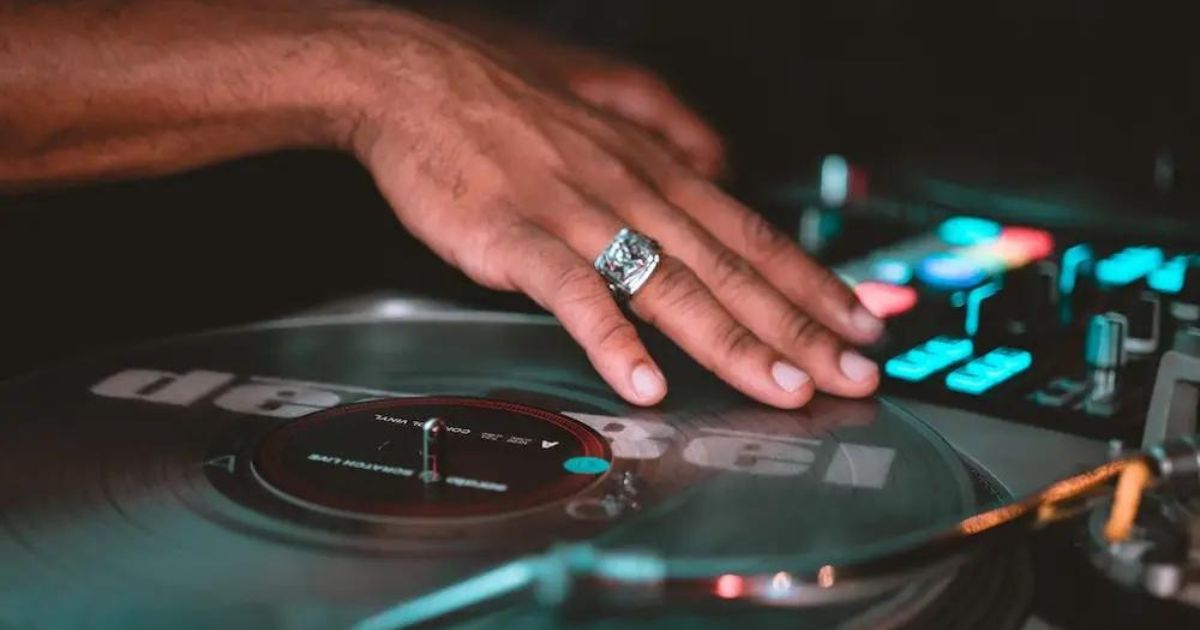Being an artist, while creatively fulfilling, can be mentally and physically demanding. A study by the Swedish distribution platform Record Union revealed that 73 percent of the 1,500 independent musicians surveyed experienced symptoms of mental illness.
These challenges stem from various factors, including the complex mental healthcare system, fear of failure, financial instability, and the relentless pressure to perform.
This struggle isn’t limited to musicians alone; it extends to electronic music artists who often rely on gigs and music releases for their livelihood. The demands of their profession can take a toll on their emotional and physical well-being, highlighting the critical need for mental healthcare support.
Sister Zo, a full-time artist, candidly shares her experience, saying, “The most challenging aspect of being a full-time artist is the financial uncertainty.” While she is fortunate to have regular creative opportunities and a reputable agent, the unpredictable nature of her income and job security adds stress.
Artists like her are in a unique position in the US, as they often work as freelancers and must handle their own health insurance. This contrasts with many Americans who receive insurance through their employers.
Complex Mental Healthcare System And Financial Uncertainty
In the US, health insurance plans can be expensive, particularly for freelancers and self-employed individuals. While costs vary from state to state, a freelancer purchasing a premium plan on the government’s insurance marketplace might expect to pay an average of $456 per month.
Although there is a Medicaid option for low-income individuals, the income threshold for eligibility is quite low, creating challenges for artists with varying income levels.
Even those on Medicaid may face hurdles. Sister Zo, who is on Medicaid, encounters issues with her therapist not accepting the insurance. She explains, “Due to my income level, I don’t get any subsidies, which is definitely not ideal cost-wise.”
These financial burdens can make accessing vital mental health services difficult, highlighting the limitations of the US healthcare system.
New York artist WTCHCRFT shares similar sentiments about the US healthcare system, saying, “It just doesn’t cover what I need it to cover. Therapy and my antidepressants, I usually just pay out of pocket… Trying to find things [covered by insurance] is really hard but it’s not impossible.”
This underscores the frustration faced by artists trying to balance their mental health needs with the financial realities of their profession.
In contrast, artists in other countries often enjoy more favorable healthcare systems. In Germany, artists benefit from the Künstlersozialkasse, a government scheme that treats them as employees, covering half of their health insurance contributions.
In the UK, the National Health Service (NHS) provides free healthcare services to all residents, regardless of employment status. Basic healthcare in Canada is publicly funded and universal, although additional mental health services, like therapy, may come at an extra cost.
Elle Bernfeld, a licensed clinical social worker based in Brooklyn, empathizes with the challenges faced by US artists. She notes, “The life of an artist is difficult. It has many highs and lows and unique challenges that therapy can help support.
In addition, working on yourself means more insight into your work and helps you perform at your best level.” Bernfeld emphasizes the importance of addressing mental health issues, given their potential to be debilitating.
However, not all artists in the US have access to affordable healthcare options. Memphis-based artist Qemist is uninsured due to a lack of affordable choices.
Qemist highlights the anxiety that arises when health issues occur on tour, saying, “I know it might be incredibly costly to be seen or to get antibiotics. Now I try to avoid unhealthy foods as best as I can to avoid getting sick while on the road.”
When Qemist requires medical assistance, he turns to community health organizations and urgent-care clinics that offer sliding-scale payments based on income. While these options provide some relief, Qemist believes that more accessible and affordable healthcare choices are needed, particularly for self-employed artists.
Despite the hurdles, Elle Bernfeld encourages artists to explore their insurance coverage thoroughly and seek offices that offer sliding-scale payments based on income. She acknowledges the financial challenges but underscores the transformative impact that proper treatment can have on one’s life and well-being.
In conclusion, the demands and uncertainties of the artist’s life in the US are further complicated by a costly and complex healthcare system. The mental health struggles faced by artists underscore the need for more accessible and affordable healthcare options.
While some artists find ways to manage their mental health, the limitations of the US healthcare system continue to be a significant concern in the artistic community.


